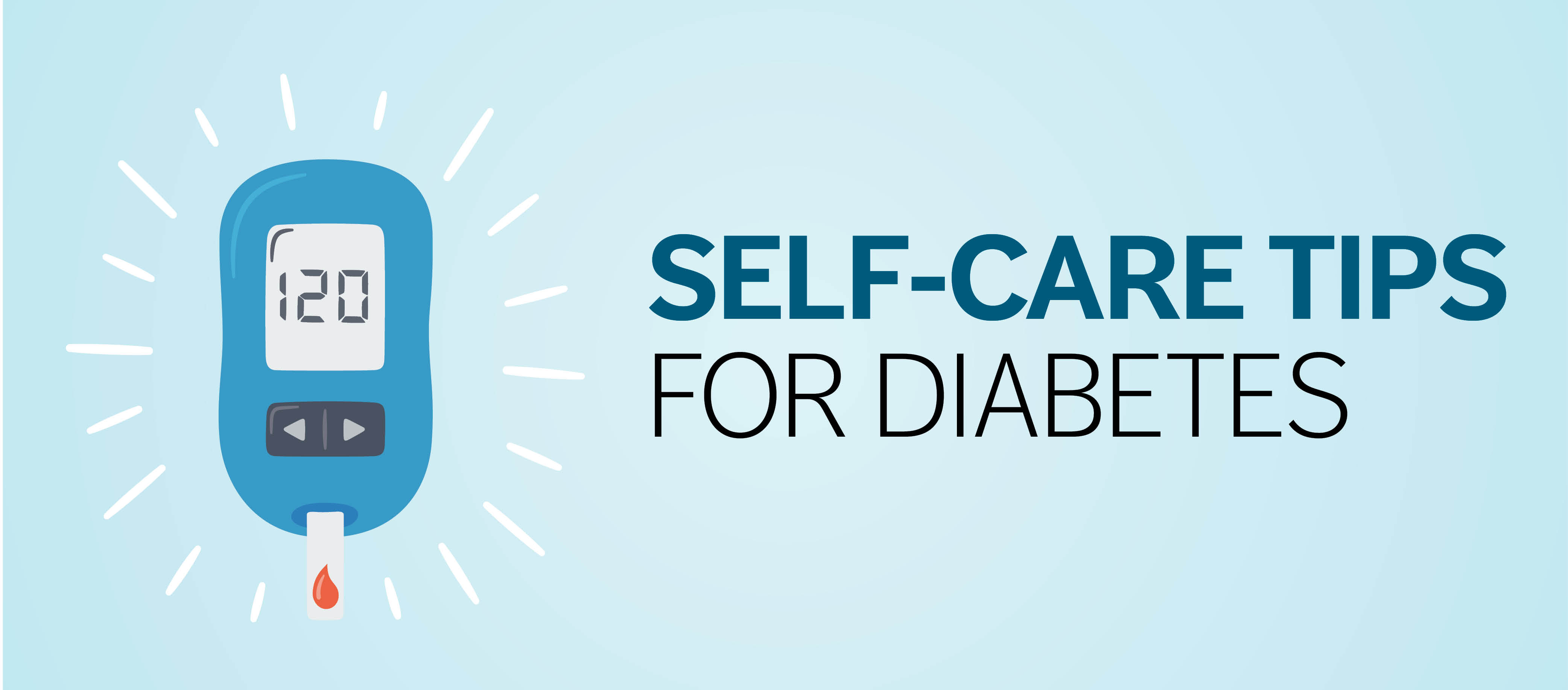
Islam is the religion of over a billion Muslims, who make up 25% of the world's population. For many, fasting during Ramadan is a significant religious observance. Ramadan, one of the pillars of Islam, involves abstaining from food and water from dawn to dusk. For Muslims, Ramadan is a time to grow spiritually and reinforce their ties with the Muslim community. However, for those with diabetes, Ramadan can pose unique challenges to their health.
Health Risks for People with Diabetes During Ramadan
Living With Diabetes
Learn about the basics of diabetes, and get tips on how meal planning, exercise, proper medication and coping strategies can help you live well.
Fasting during Ramadan requires careful management. The predawn (Suhoor) and sunset (Iftar) meals often differ from regular meals, typically including more carbohydrate-rich foods that can cause rapid spikes in blood sugar levels. Additionally, portions at this meal are larger than usual, especially at Iftar, which ends the daytime fast. This can increase the risk of several complications:
- Low blood sugar: Prolonged fasting can lead to dangerously low blood sugar levels.
- High blood sugar: Consuming large meals high in carbohydrates can cause significant spikes in blood sugar.
- Dehydration: The lack of water intake during fasting hours can lead to dehydration, exacerbating other health issues.
Several factors beyond food intake can cause blood glucose levels to become too high in individuals with diabetes.
One such factor is fasting. While it may seem logical that not eating would lower blood glucose levels, the body responds differently. When fasting, the body begins to break down stored glucose, releasing it into the bloodstream. This may lead to elevated blood glucose levels in people with diabetes because their insulin is not working effectively to remove the excess glucose from the blood. Essentially, your body provides you with a "snack" of glucose, even though you're not eating.
Other common reasons blood glucose levels may rise in individuals with diabetes include:
- Stress
- Illness
- Sleep disruptions
- Lack of physical activity
Despite these risks, fasting during Ramadan may be done safely. However, speaking with a healthcare professional beforehand is important, as well as developing a personalized plan that considers individual health needs and medication adjustments.
Diabetes Management During Ramadan
Managing diabetes during Ramadan requires careful planning and the right strategies. Here are some key steps to help you maintain your health while fasting:
- Pre-Ramadan Preparation: Individuals should consult with their healthcare providers to adjust any medications they may take and meal plans before Ramadan begins. For example, blood pressure medications might be taken at different times to ensure stable blood pressure control throughout fasting. For some medications, healthcare providers might switch to long-acting formulations or adjust the dosing schedule to fit within the non-fasting hours.
- Monitoring and Support: Regular blood sugar monitoring throughout Ramadan is critical as levels can fluctuate. Check your blood sugar to ensure it's within a safe range before starting your fast. Recheck it before breaking your fast to confirm your levels are stable before eating and again two hours after the meal to ensure your body is safely responding to the food. If you experience symptoms of low or high blood sugar, check your levels immediately and consult your healthcare provider if symptoms worsen.
- Post-Ramadan Follow-Up: After Ramadan, schedule a follow-up appointment to assess and adjust diabetes management plans as needed. Talk to your provider about your blood sugar levels, medication adjustments and long-term management.
- Education and Awareness: Continuous education about the risks and management strategies should be provided to both individuals with diabetes and their families. For more information about diabetes management during Ramadan, visit Recommendations for Management of Diabetes During Ramadan or Fasting and Feasting Safely with Type 2 Diabetes in the Month of Ramadan.
Pregnant women diagnosed with gestational diabetes, as well as individuals with Type 1 diabetes, are strongly advised not to fast during Ramadan. If you're uncertain whether you have Type 1 or Type 2 diabetes, consult your healthcare provider before making any decisions about fasting. If fasting is deemed safe, your doctor will work with you to create a personalized plan. Your provider may also refer you to a diabetes nurse specialist and a dietitian, who will guide you in managing your condition and ensure you can fast safely and successfully during Ramadan.
Talk with a diabetes educator about adjusting medications as needed, how often to monitor blood sugar and any dietary modifications. To speak with a North Kansas City Hospital or Meritas Health diabetes educator, call 816.691.1666.
For those who observe, have a blessed and happy Ramadan!
Explore More
- The Importance of Diabetes Education and Support
- Keep Your Diabetes and Mental Health in Check
- Tools to Help Manage Diabetes



